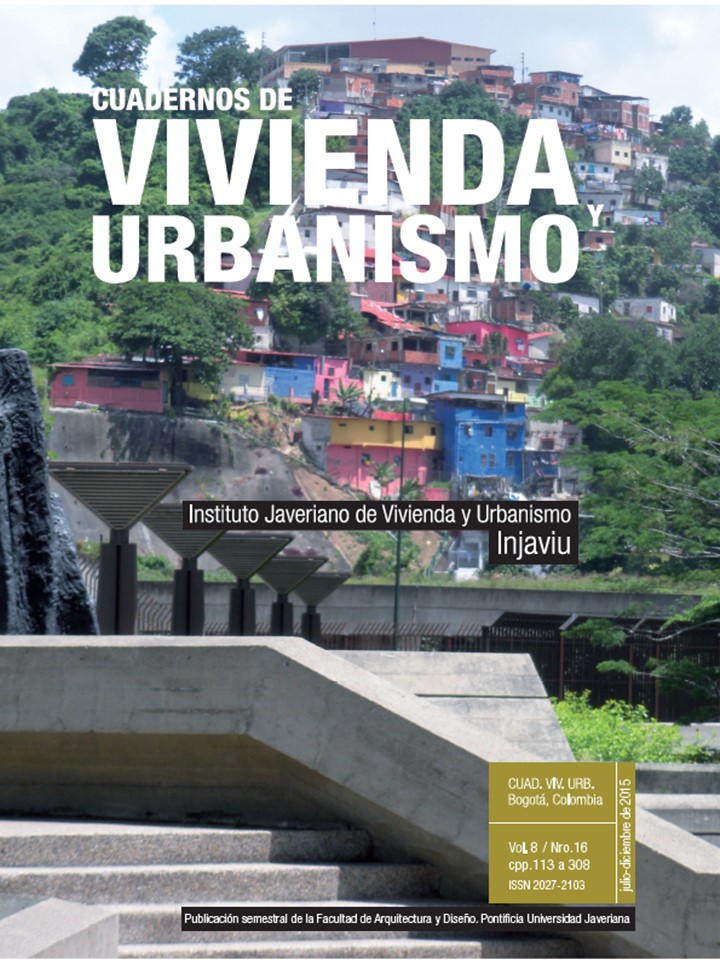Resumo
Mediante análise temática de um conjunto de microrrelatos publicados pelo concurso literário “Santiago em 100 palavras”, realizado em Santiago de Chile desde 2001, neste artigo abordamos as formas em que os habitantes da cidade fazem frente à vida urbana contemporânea. A ideia de lidar com a urbe resulta propicia para descrever o relacionamento problemático mantido pelos urbanitas com a sua cidade e a noção de repertório possibilita uma compreensão de conjunto das diferentes expressões que tal experiência assume. Em conclusão estamos sugerindo, primeiro, que as formas de lidar com a urbe adotem três jeitos típicos nos microrrelatos. Segundo, que os microrrelatos deixam ver uma sequência causal na maneira como os problemas da vida urbana são experimentados subjetivamente. Terceiro, que a produção de representações e imaginários urbanos adota uma forma agregativa que parece plausível extrapolar para outros âmbitos.
Esta revista científica se encuentra registrada bajo la licencia Creative Commons Reconocimiento 4.0 Internacional. Por lo tanto, esta obra se puede reproducir, distribuir y comunicar públicamente en formato digital, siempre que se reconozca el nombre de los autores y a la Pontificia Universidad Javeriana. Se permite citar, adaptar, transformar, autoarchivar, republicar y crear a partir del material, para cualquier finalidad (incluso comercial), siempre que se reconozca adecuadamente la autoría, se proporcione un enlace a la obra original y se indique si se han realizado cambios. La Pontificia Universidad Javeriana no retiene los derechos sobre las obras publicadas y los contenidos son responsabilidad exclusiva de los autores, quienes conservan sus derechos morales, intelectuales, de privacidad y publicidad.
El aval sobre la intervención de la obra (revisión, corrección de estilo, traducción, diagramación) y su posterior divulgación se otorga mediante una licencia de uso y no a través de una cesión de derechos, lo que representa que la revista y la Pontificia Universidad Javeriana se eximen de cualquier responsabilidad que se pueda derivar de una mala práctica ética por parte de los autores. En consecuencia de la protección brindada por la licencia de uso, la revista no se encuentra en la obligación de publicar retractaciones o modificar la información ya publicada, a no ser que la errata surja del proceso de gestión editorial. La publicación de contenidos en esta revista no representa regalías para los contribuyentes.


